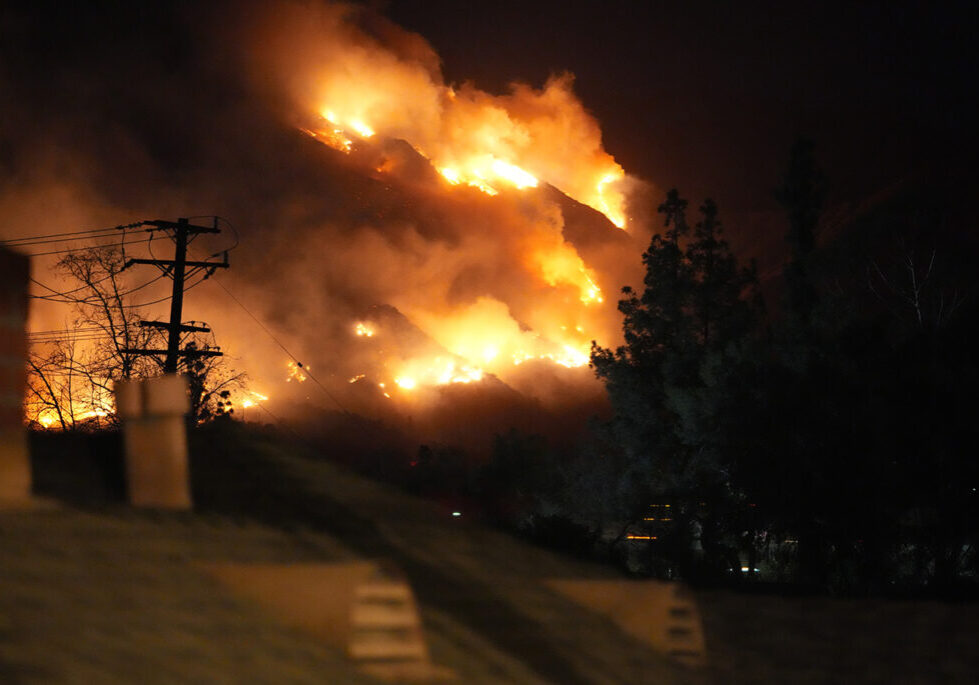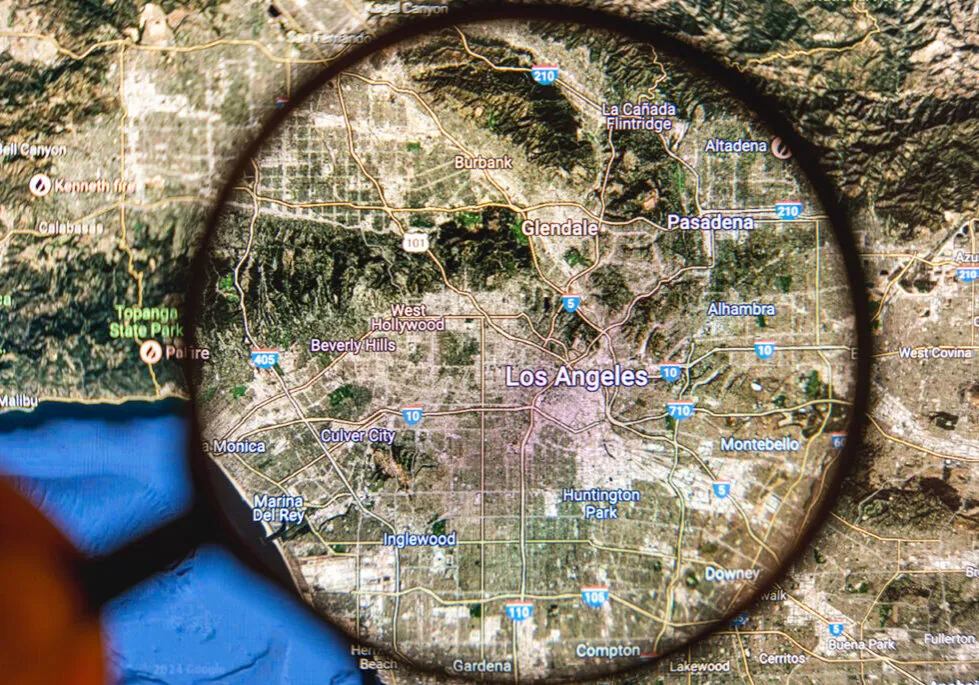Train derailments can have devastating consequences. In California, a recent case occurred in mid-December, 2023, when an Amtrak train crashed into a parked semi-truck in Ventura County, derailing the first train car and sending five people to the hospital with minor to moderate injuries.
Unfortunately, there were other train derailments in California in 2023 as well.
2023 Train Derailments in California: Two Examples
San Bernardino, California: On March 26, a Union Pacific freight train carrying iron ore derailed due to “uncontrolled movement.” In total, 55 train cars, including two locomotives went off the tracks, with one locomotive suffering a minor leak of iron ore (which is not hazardous). There were no passengers on the train and the crew was unharmed.
Moorpark, California: On June 28, an Amtrak Coast Starlight Train 14, traveling from Seattle to Los Angeles, collided with a county water truck stuck on the tracks. Three of the train’s eight cars derailed but remained upright. Sixteen people were injured, including the truck driver who was critically injured. The truck driver was providing dust control to nearby workers at the time of the collision. This accident remains under investigation by the National Transportation Safety Board (NTSB).
These incidents add to the tally of 742 train derailments that had been reported as of October of 2023 to the Federal Railroad Administration (FRA). In 2022, the FRA registered three derailments a day, or over 1,100.
Lawmakers Take Action Following Calamitous Derailment
No other case this year, however, garnered the attention of lawmakers as much as the Feb. 3, 2023, derailment of a Norfolk Southern freight train carrying hazardous materials in East Palestine, Ohio. The environmental fallout spurred bipartisan legislative action. Less than a month after the derailment that forced the evacuation of thousands of residents in the surrounding area, US senators introduced the Railway Safety Act of 2023.
The National Conference of State Legislators (NCSL) reports the act, alongside its counterpart in the House, “requires the Transportation Department to issue updated safety regulations for trains carrying hazardous materials, to establish requirements for track-side systems such as hot box detectors to locate failures, and to establish a minimum two-person crew for certain freight trains.”
Business Owner Files Half-a-Billion-Dollar Lawsuit
In November, a business owner in East Palestine filed a $500 million lawsuit against Norfolk Southern stating, “The lost income, lost property value, lost investment, and lost business opportunity and income is directly and proximately due to Defendants’ conduct and is permanent and continuing in nature.”
Currently, more than 30 federal lawsuits have been filed against Norfolk Southern for this derailment. The company faces class-action lawsuits alongside separate suits from Ohio authorities and a federal civil suit brought by the Justice Department and the Environmental Protection Agency.
What Are Your Rights?
As the aforementioned lawsuit shows, those affected by a train derailment may have legal recourse. It’s important to note that the specific types of lawsuits filed will depend on the particular circumstances of the derailment, the extent of the harm caused, the facts, and applicable laws. Legal requirements and procedures can vary depending on the jurisdiction. Consulting with an experienced trial attorney can help individuals assess their legal options and determine the best course of action.
Here are some potential suits that could arise from a train derailment case:
Personal Injury Lawsuits:
- Passengers and Crew: Injured passengers and crew members can sue the railroad company for negligence, seeking compensation for medical expenses, lost wages, pain and suffering, and emotional distress.
California, like most states, operates under a “common law” negligence system. This means that someone who suffers harm caused by another’s carelessness can sue for compensation. California Civil Code Section 1714 defines negligence as “the want of ordinary care or skill in the management of the affairs of another by which another person suffers injury.” Generally speaking, in train derailment cases, proving negligence may involve, among other things, demonstrating that the railroad company, for instance:
- Failed to maintain its tracks and equipment properly.
- Hired or trained unqualified personnel.
- Violated safety regulations.
- Acted recklessly or with willful disregard for safety.
Wrongful Death Lawsuits:
- Families of Deceased Passengers and Crew: If a train derailment results in fatalities, California law allows family members to file wrongful death lawsuits. These suits seek compensation for families for the loss of the deceased’s earning potential, funeral expenses, emotional anguish, and loss of companionship, among other things. California Civil Code Section 377 governs wrongful death suits, stating that, in sum, such actions can be brought when “a person dies because of the wrongful act or neglect of another.”
Property Damage Lawsuits:
- Businesses and Individuals: If the derailment damages property or disrupts business operations, owners can sue for compensation for repairs, lost profits, and other economic losses.
Environmental Lawsuits:
- Environmental Groups and Government Agencies: If the derailment spills hazardous materials or causes environmental damage, California environmental laws like the California Environmental Quality Act (CEQA) and others come into play. These laws hold individuals and organizations accountable for cleaning up spills and mitigating environmental damage.
Product Liability Lawsuits:
- Manufacturers of Train Parts or Equipment: If faulty equipment or components contribute to the derailment, lawsuits may be filed against the manufacturers for product liability.
Class Action Lawsuits:
- Groups of Affected Individuals: In some cases, large groups of people affected by the derailment, like residents, businesses, or passengers, may file class-action lawsuits seeking collective compensation for their losses.
Keep in mind that this is just a very basic overview of the legal issues surrounding a train derailment case.
Contact Penney & Associates
If you or a loved one has been injured in an accident, we can help you get the justice and compensation you deserve. California Personal Injury Attorney Fred Penney and his team of seasoned trial attorneys at Penney & Associates have for decades successfully represented thousands of clients from across the country in challenging personal injury cases. Contact us today for a free consultation.
Read more:
Filing a Wrongful Death Claim in California: What to Keep in Mind
Product Liability Claims in California: Pursuing Compensation
Who May be Held Legally Liable for Emotional Support Animal Attacks?



